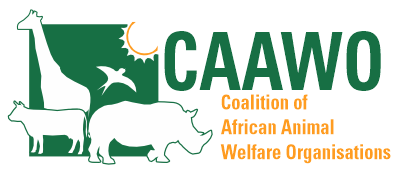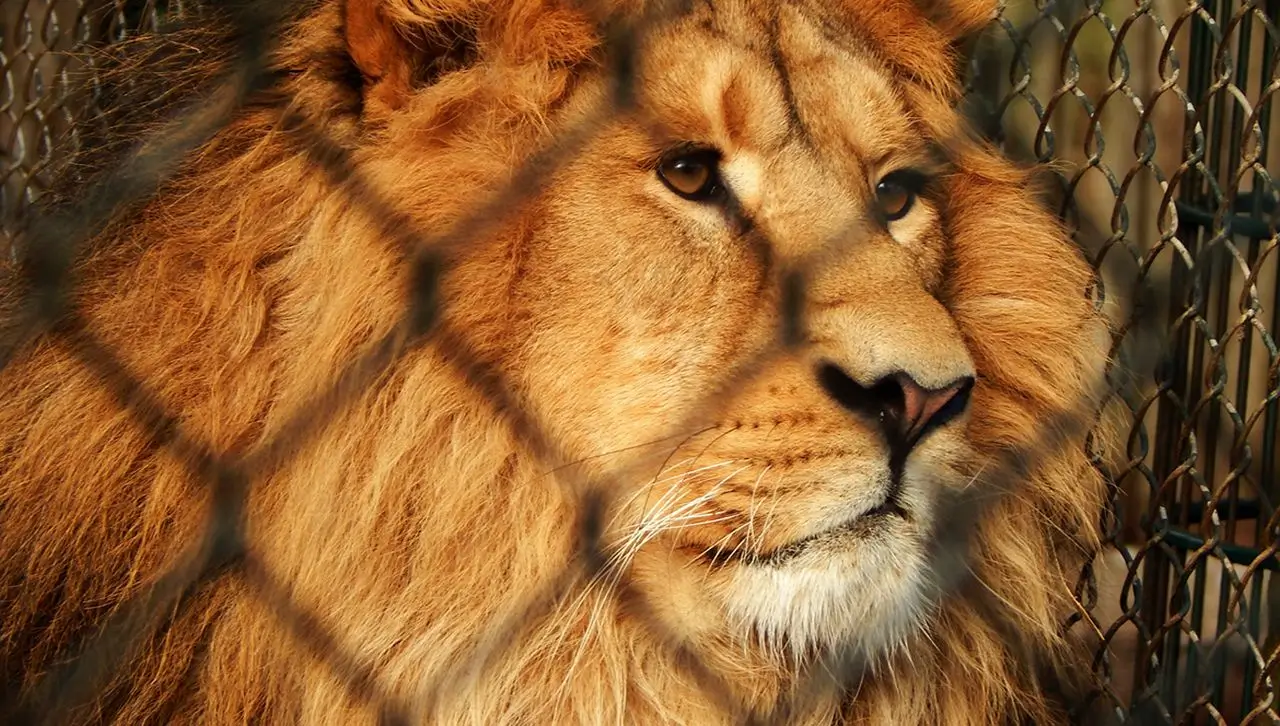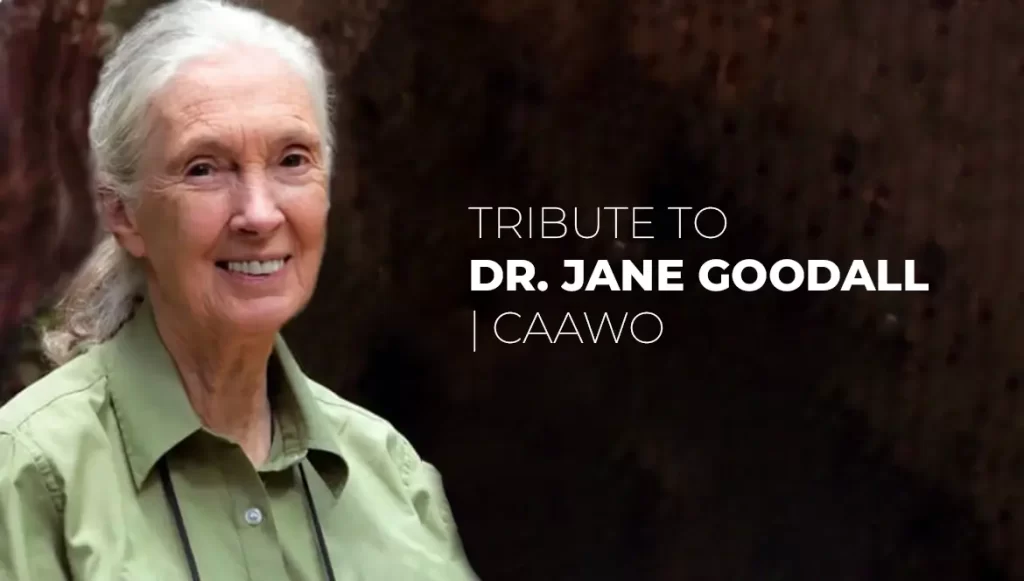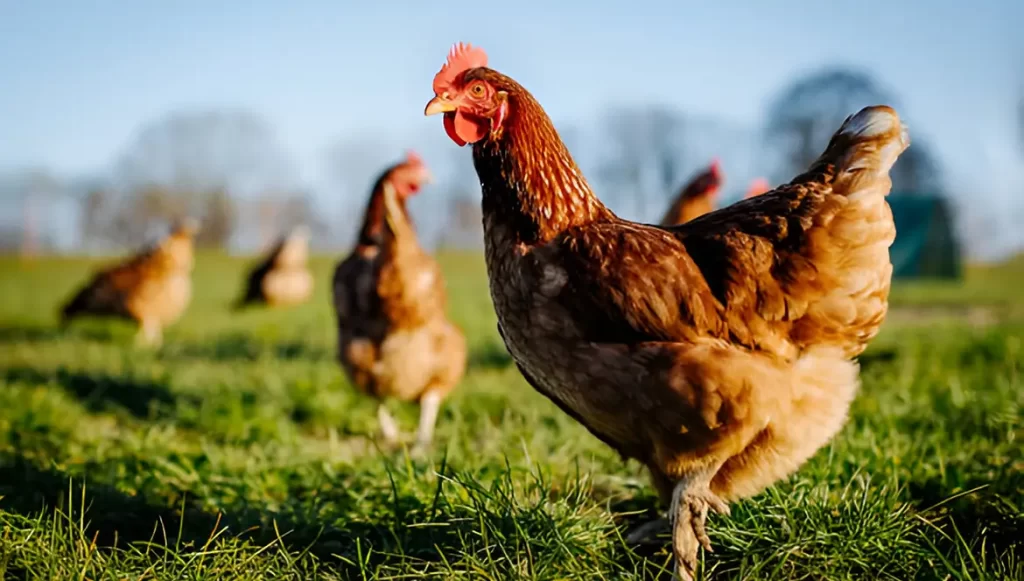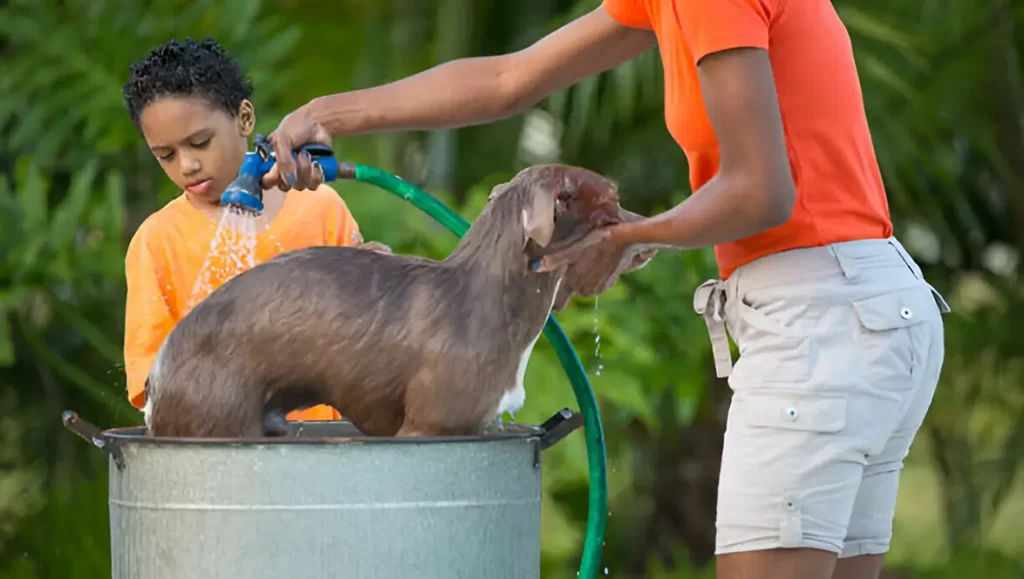In recent years, the practices of trophy hunting and canned lion hunting in South Africa have stirred significant controversy and debate within the realm of animal welfare. While these practices may evoke strong emotions, it is essential to approach this topic with an open mind, recognizing that Africa’s perspective on hunting differs from the concept of ‘sport hunting’ prevalent elsewhere. In many African countries, including South Africa, hunting plays a role not only as a recreational activity but also as a means for livelihoods and conservation efforts.
Hunting for Livelihoods:
Africa has a long history of sustainable use of natural resources by local communities. For many rural communities in South Africa and other parts of the continent, wildlife utilisation through regulated hunting provides economic opportunities that support their livelihoods. These communities often rely on income generated from legal trophy hunts to fund education, healthcare, and infrastructure development projects. The revenue generated contributes directly to poverty alleviation, empowering local people economically while promoting conservation incentives. This of course if it were to be done right and humanely.
Conservation Benefits:
Contrary to popular belief, hunting can be seen as an effective tool for wildlife conservation when properly regulated. Revenue generated from well-managed trophy hunts can contribute significantly to habitat protection and anti-poaching efforts. By assigning value to wildlife species, hunting not (but, tourism and ‘shooting’ with the camera) can create an economic incentive for landowners to conserve habitats and maintain healthy populations.
Animal Welfare Considerations during Hunting:
While acknowledging the importance of livelihoods associated with legal hunting activities, it is crucial to emphasise that animal welfare should never be compromised during these endeavours. Ensuring ethical standards throughout every stage of the hunt is paramount, where hunting is allowed and legislated.
- Fair Chase Principle:
Adhering to fair chase principles ensures that animals are given a reasonable chance at escape or defence before being harvested. This principle promotes responsible behaviour among hunters and helps prevent undue suffering or unnecessary stress inflicted upon animals.
**CAAWO does not promote hunting of animals whether for sport/trophy**
- Selective Harvesting:
Selective harvesting targets specific individuals within a population, typically older or non-breeding animals. This practice allows for the maintenance of healthy population dynamics, genetic diversity, and overall species sustainability.
- Conservation Education:
Promoting conservation education among hunters and local communities is crucial to foster an understanding of the ecological importance of wildlife and the role not engaging in hunting plays in sustainable resource management.
Education programs can emphasise ethical conservation practices, animal welfare considerations, and respect for nature.
Regulation and Oversight:
To ensure that hunting activities align with principles of animal welfare and conservation, robust regulation and oversight are essential. Governments play a vital role in setting regulations that govern hunting practices, including quotas, seasonal restrictions, age limitations on hunted animals, and ensuring adherence to fair chase principles.
Additionally, independent monitoring bodies can oversee compliance with these regulations, conduct regular audits, and promote transparency throughout the process. These measures help maintain accountability within the industry and safeguard against any unethical or illegal activities.
Conclusion:
The topic of trophy hunting and canned lion hunting in South Africa elicits strong opinions from various stakeholders concerned about animal welfare. It is important to recognise Africa’s unique perspective on hunting as a livelihood activity intertwined with conservation efforts rather than ‘sport’ or recreational pursuit alone. When conducted responsibly under appropriate regulation and oversight frameworks, legal ‘shooting’ (camera) hunts contribute significantly to poverty alleviation while supporting wildlife conservation initiatives throughout the continent.
However, it must be emphasised that promoting animal welfare during such hunts remains paramount. Adherence to fair chase principles, selective harvesting techniques targeting non-breeding individuals, education programs emphasising ethical behaviour towards wildlife are all key components in ensuring responsible stewardship of Africa’s rich biodiversity.
By engaging in constructive dialogue between stakeholders involved – including government agencies, local communities, conservation organisations – we can continue striving for improved animal welfare standards while recognising the complex realities surrounding legal hunting activities across Africa.
The Coalition of African Animal Welfare Organizations (CAAWO) is committed to promoting ethical practices and animal welfare considerations within the context of hunting for livelihoods. Through collaboration, education, and advocacy efforts, we can foster a balanced approach that respects both human livelihoods and the well-being of Africa’s remarkable wildlife.
